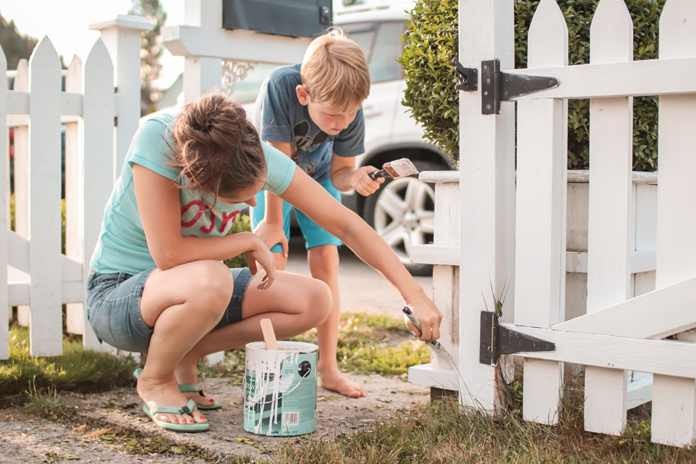
Upgrading from renter to homeowner is an exciting time for any family. While many people focus on the financial impact of becoming a homeowner, nobody warns you about the potential mistakes you can make as a new homeowner. Below are the top 5 common new homeowner mistakes we recommend you avoid:
Lack of Maintenance
As a new homeowner, you are responsible for the upkeep of your home. If you lived in an apartment before becoming a homeowner, the landlord would have taken care of this. It is now your responsibility to make sure you are:
- Replacing air filters
- Noticing and repairing cracked steps, windows, door frames, and walls
- Unclogging pipes and drains
- Removing mold
- Ordering service for HVAC systems
- Re-caulking your bathtubs and tile
- Flushing your water heater
If you are unsure how to do any of these items, you can hire a professional.
Trying to Cut Corners on Upgrades
Upgrading your home will be expensive, and it can be tempting to cut corners. Whether you save money by using cheap materials or performing professional services yourself, you will likely regret it. Cheap materials or work can lead to expensive fixes and create potential safety hazards. Doing it right the first time is always advised when it comes to your family's home.
Focusing Only on the Interior
As a new homeowner, you will start on the interior; after all, it's where you spend the most time in your home. It is essential to balance your home's upgrades and maintenance, especially if you live in an HOA. Neglecting the exterior of your home can leave you with neighborly disputes or even fines from your HOA.
Starting Too Many Projects at Once
Before starting a project, ask yourself the following questions:
- Do I have the time to dedicate to finishing this project?
- Do I have the money available to finish this project?
- Should I have a professional do this project?
- Do I have all the tools and materials to finish this project?
Asking yourself these questions will help you prioritize the work and allow you to enjoy living in your home while it remains a work in progress.
Spending Their Emergency Budget
As we mentioned, financing your home renovations can be expensive, and it can be tempting to tap into your emergency budget. It is vital to keep an emergency fund for costly home repairs. We recommend holding 3-6 months of your monthly income in a savings account. If you don't have this yet, work on saving before upgrading your home.
If you have questions about purchasing or refinancing a home, click here and speak with one of our experienced and licensed mortgage loan officers today.
